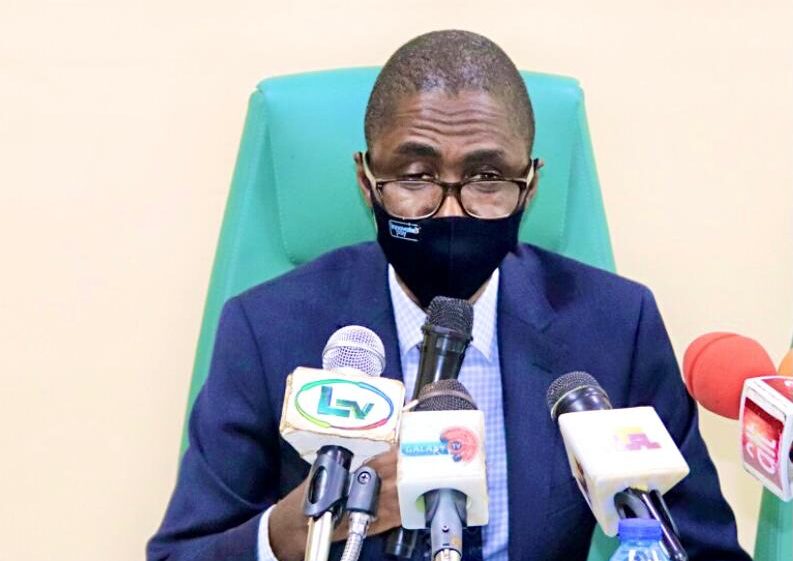The Nigeria Deposit Insurance Corporation (NDIC) has unveiled its intention to launch an inquiry into the conduct of directors associated with a number of collapsed banks within the nation.
This decision was revealed by Mr. Bello Hassan, the Managing Director of NDIC, during a capacity-building workshop aimed at law enforcement agencies. The workshop centered around the Theme: “Effective collaboration in the fight against fraud and financial malpractices in banks and other financial institutions in Nigeria” which took place recently in Lagos.

In his absence, Mr. Henry Fomah, the Head of NDIC’s Legal Department, represented the managing director and conveyed, “Through the joint efforts of your collective endeavors, it has come to my attention that there are currently 12 ongoing prosecution cases across various courts. Additionally, there are 25 ongoing investigations under the purview of the Fraud, Monitoring, and Investigation Unit (FMIU), along with 11 cases under the jurisdiction of the Economic and Financial Crimes Commission (EFCC). Furthermore, five investigations have been concluded and are now with the Federal Ministry of Justice for advisory and prosecutorial purposes.”
He went on to state, “These developments signal that our trajectory is well-aligned. It is noteworthy that the Central Bank of Nigeria (CBN) recently revoked the banking licenses of 183 Microfinance Banks (MFBs) and Primary Mortgage Banks (PMBs). This could potentially necessitate your involvement in the examination of directors and officials linked to these institutions. The objective is to meticulously investigate and hold accountable those individuals deemed responsible for the downfall of these establishments.”

Among the participants attending the workshop, which was orchestrated by NDIC, were representatives from vital entities such as the Nigerian Financial Intelligence Unit, CBN, Nigerian Police, EFCC, and the Director of Public Prosecutions of the Federation, among other stakeholders.
Addressing the growing susceptibility of banks to fraudulent activities, the managing director underscored that this situation had placed a heavier burden on regulatory bodies and overseers. Consequently, there is an escalated demand for heightened cooperation between the various agencies engaged in the battle against illicit practices within the banking sector.

